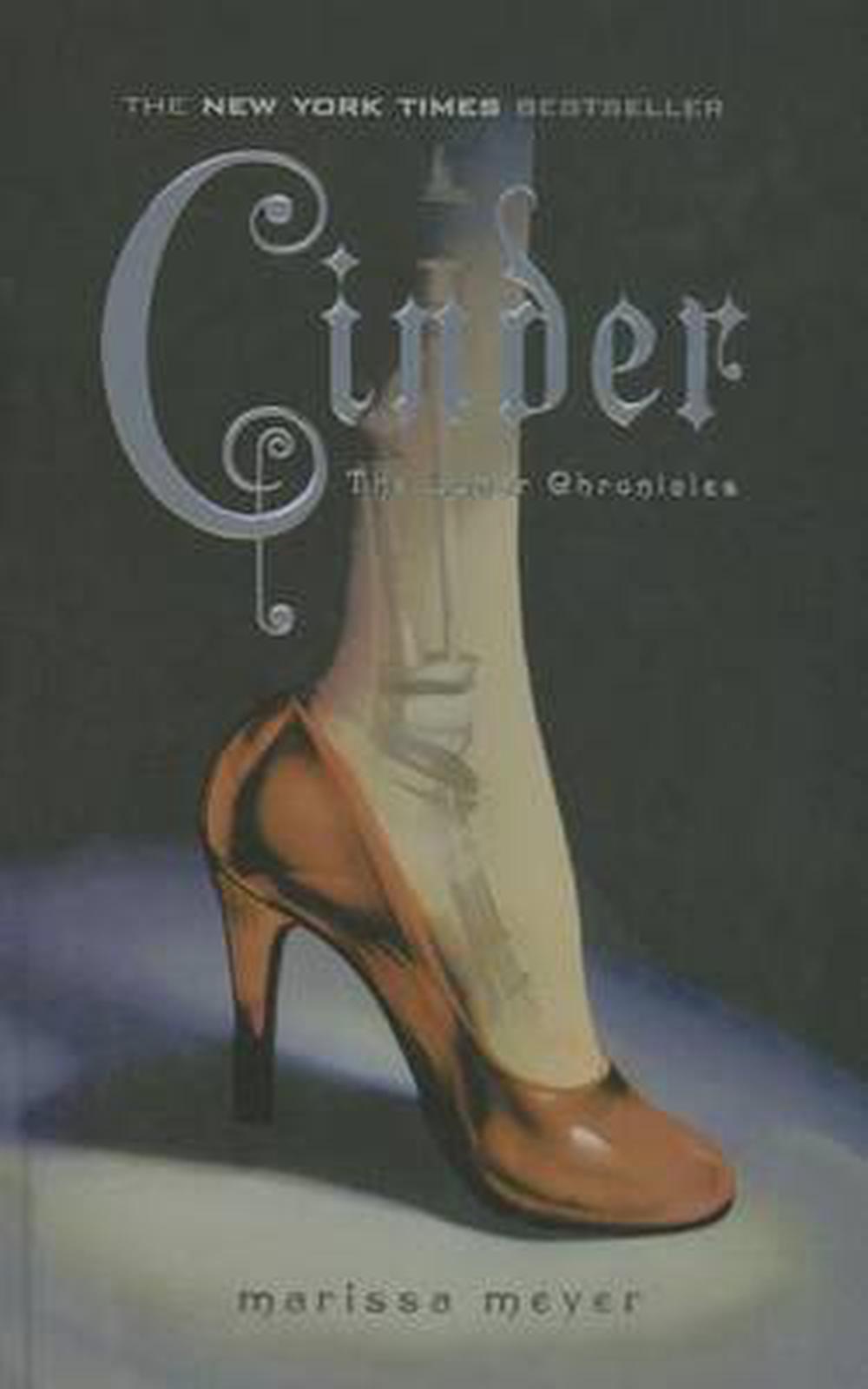
While being tested, Cinder discovers secrets about herself that have been carefully hidden over the years and realizes there's more to her than anyone expects. When tragedy strikes her household, her stepmother sends Cinder off as a research subject to find a cure for the plague that has been ravishing Beijing. She can't keep any of the money she makes as a mechanic, and can't even buy replacement parts when needed (her poor leg is four years old and too small). She lives with her stepmother and stepsiblings, who treat her worse than dirt and completely own everything about her. She'd give anything to be fully human and not a lesser-ranked citizen. Of course, Cinder doesn't think she's interesting. And these are only two of the things that make being a cyborg so interesting. Her leg also has a cool compartment that lets her tuck her equipment away out of sight. She has a mind that works like Google's search engine, bringing up information as needed for Cinder to process. She was born completely mortal, but an accident when she was young left her with a mechanical arm, foot, and some wicked cool abilities.

I don't really understand the people who think cyborgs are robots and not humans, but that's another story).Ĭinder wasn't always a cyborg. But even without our discussion, I feel that by the end of CINDER, I still would have understood because Meyer deftly showcases what makes Cinder cyborg and what makes her human (because she IS both.

I had to have one of my co-workers explain the difference between a cyborg and a robot to me. But the idea of a space opera quartet revolving around four fairy tales from the fantastically talented Marissa Meyer? I knew she wouldn't steer me wrong, and I'm happy to say that she didn't! I'll be honest: Going into CINDER, the only thing I knew about cyborgs was the fact that there was a character in the animated TV series TEEN TITANS named Cyborg. Science Fiction has never really been my thing when it comes to outer space, though I've always been fascinated by the moon. The only truly "sci-fi" (to me, this reads "spacey") books I own are ACROSS THE UNIVERSE by Beth Revis ( review here) and various ENDER books by Orson Scott Card. ^.~īefore CINDER, the only brush I had with a futuristic fairy tale was Anna Sheehan's A LONG, LONG SLEEP ( reviewed here).


I did, however, try to be as impartial as possible when reading and reviewing the book, so this review is based on the book's merits and not my love-fest revolving around Marissa Meyer. I'll admit it now (and you all know it anyway): I'm biased when it comes to CINDER.


 0 kommentar(er)
0 kommentar(er)
